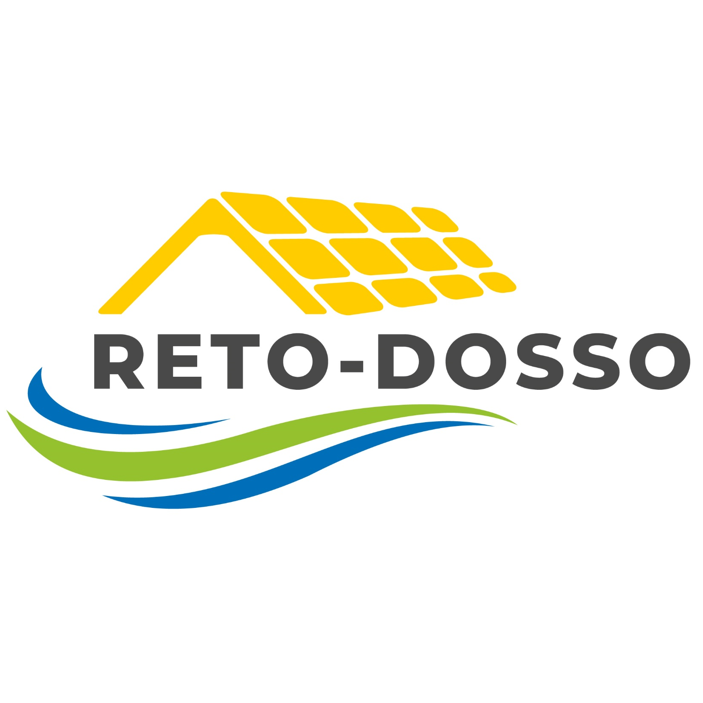
Energy is one of the basic inputs for all economic activities. Per capita energy consumption is one of the major determinants as well as indicator of economic development. Access to modern energy, particularly to electricity, cuts across all sectors in rural development. Today, almost a billion people worldwide do not have access to electricity supply. Although access to electricity is not an end in itself, it is an essential tool to facilitate social and economic activity. Electrification correlates closely with key aspects of sustainable development.
The need for a sustainable energy supply is becoming more important in light of declining fossil energy resources, environmental pollution and climate change. Use of renewable energy resources could meet these needs – both in developed and developing countries. Lack of necessary technology, know how, policy and other socio-economic issues make the promotion of renewable energy technologies in many developing countries difficult.
In order to contribute to the renewable energy promotion in countries, especially the developing countries in tropics and subtropics, a holistic system based approach of renewable energy use that includes all technical, economic, environmental and social aspects has been set as the core focus of our team. While doing so, the interaction with other fields, especially water-energy and energy-food, will be also considered.
OUR RESEARCH FOCUS
- Rural electrification using renewable energy technologies (solar, wind, hydro, battery storage, etc.) in developing countries
- Techno-economic assessment (TEA) of energy systems
- Environmental life cycle assessment (eLCA)
- New energy systems (derivatives of green hydrogen)
PROJECTS
RETO-DOSSO
The aim of the RETO-DOSSO research project is to contribute to sustainable livelihoods in the rural areas of Niger by creating essential basics and enabling rural entrepreneurial activities. To achieve this, the researchers use electricity from renewable sources to provide basic needs.
Read More
Hi-Nepal
Find more information on Hi-Nepal soon…
Read More
OUR TEAM
RESEARCH STAFF

Prof. Dr.-Ing. Ramchandra Bhandari
Professor
Professor and Project Leader
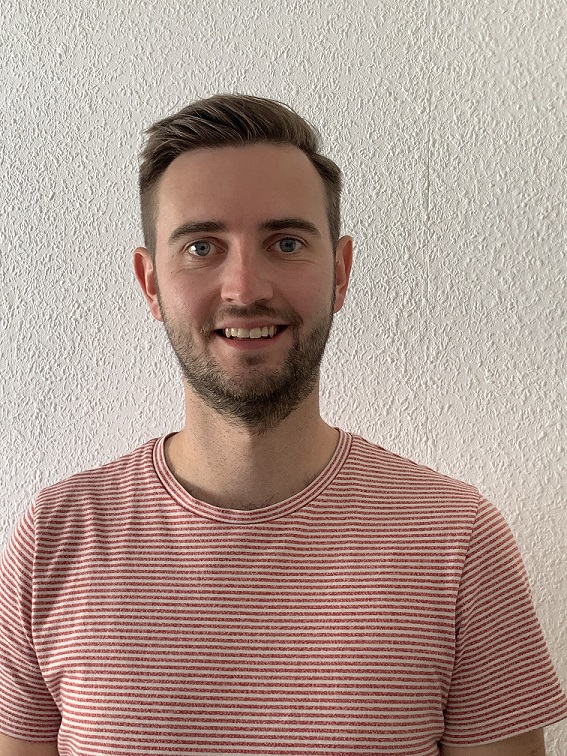
Mr. Jan Buddeberg
Research Associate
Project RETO-DOSSO
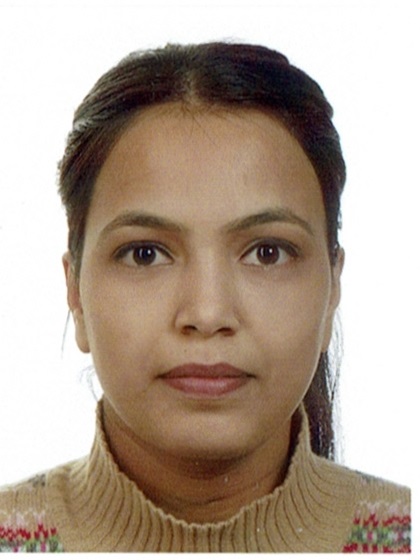
Ms. Srijana Neupane
Research Associate
Projects RETO-DOSSO,
Hi-Nepal
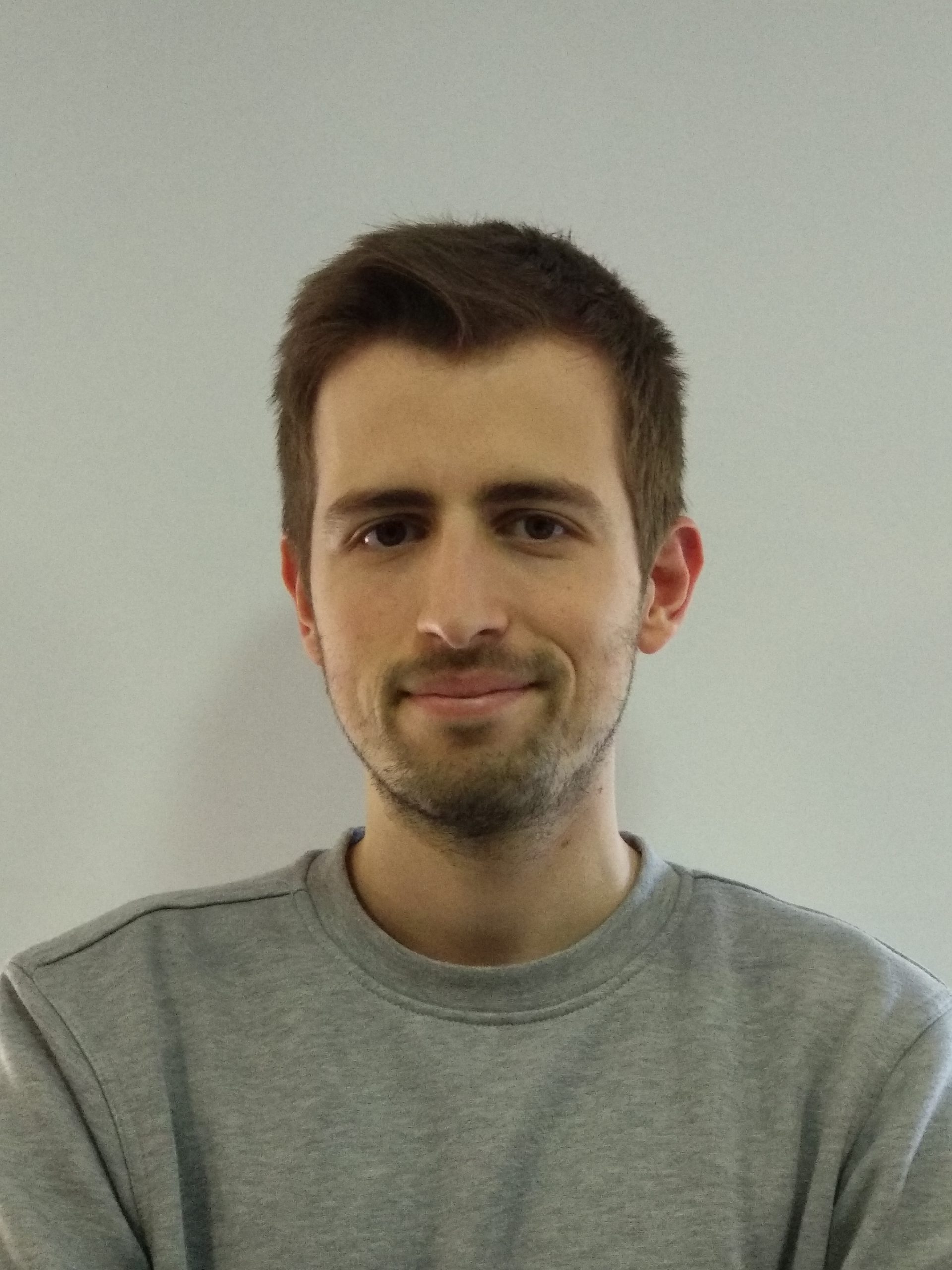
Mr. Iván Segura Rodríguez
Research Associate
Project RETO-DOSSO

Mr. Erisa Sekimuli
Research Associate
Project Green Solar Module
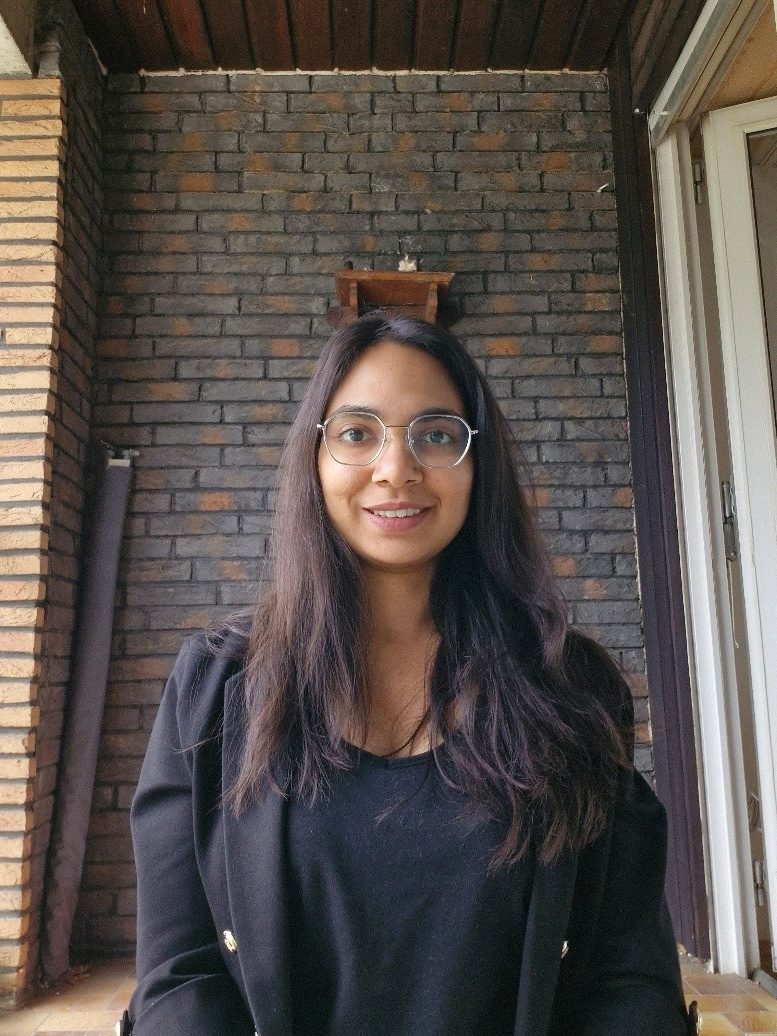
Ms. Princy Goyal
Research Associate
Project RETO-DOSSO
STUDENT ASSISTANTS
-
Shazia Ahmed Ameer
